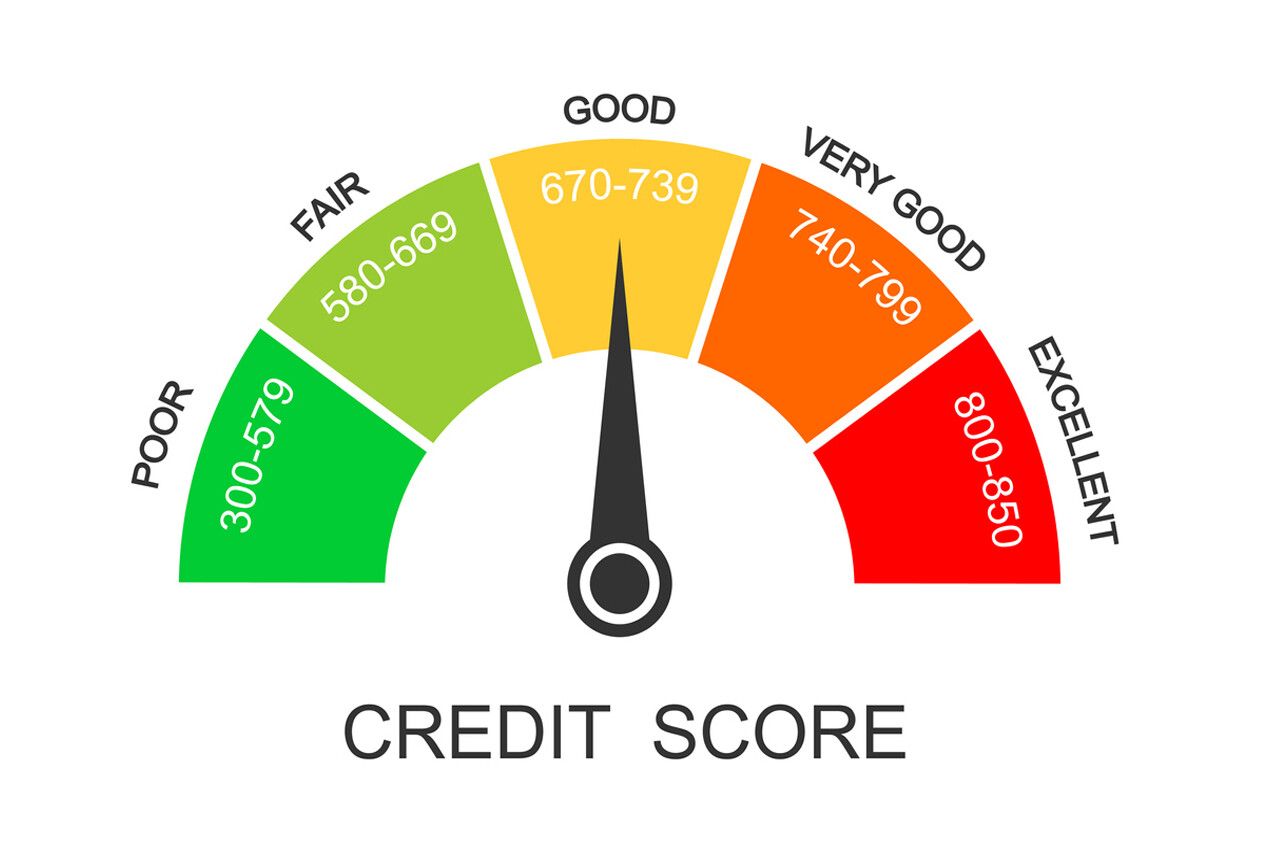What is the Best Credit Score for All Pre-Approved Loans?
What exactly is the best credit score for all pre-approved loans? Let’s dive into the details.
Understanding Credit Scores
Credit scores range from 300 to 850 with higher scores indicating better creditworthiness. Here’s a general breakdown:
300-579: Poor
580-669: Fair
670-739: Good
740-799: Very Good
800-850: Excellent
For pre-approved loans lenders typically look for scores in the "Very Good" to "Excellent" range.
The Ideal Credit Score for Different Types of Loans
Personal Loans
Best Credit Score: 740 and above
Why: Personal loans are often unsecured meaning no collateral backs them. Lenders prefer borrowers with high credit scores to mitigate risk. A score of 740 or higher can qualify you for the best rates and terms.
Auto Loans
Best Credit Score: 700 and above
Why: While you can get an auto loan with a lower score a score above 700 can get you pre-approved with lower interest rates. Lenders see borrowers in this range as less risky.
Home Loans
Best Credit Score: 760 and above
Why: Mortgage lenders favor high credit scores. A score of 760 or higher not only gets you pre-approved faster but also unlocks the best mortgage rates saving you thousands over the life of the loan.
Credit Cards
Best Credit Score: 750 and above
Why: For pre-approved credit cards a score of 750 or higher typically qualifies you for premium cards with the best rewards low APR and high credit limits.
Why a High Credit Score Matters
Lower Interest Rates: High credit scores lead to lower interest rates which means you’ll pay less over the life of the loan.
Better Loan Terms: Lenders are more likely to offer favorable terms to borrowers with high credit scores including higher loan amounts and longer repayment periods.
Greater Loan Approval Chances: A high credit score signifies reliability and reduces the perceived risk for lenders increasing your chances of getting pre-approved.
Tips to Improve Your Credit Score
Pay Bills on Time: Consistently paying your bills on time is the most significant factor in your credit score.
Reduce Debt: Keeping your credit card balances low and paying off debt can boost your score.
Monitor Your Credit Report: Regularly check your credit report for errors and dispute any inaccuracies.
Limit New Credit Applications: Applying for too much new credit in a short period can lower your score.






